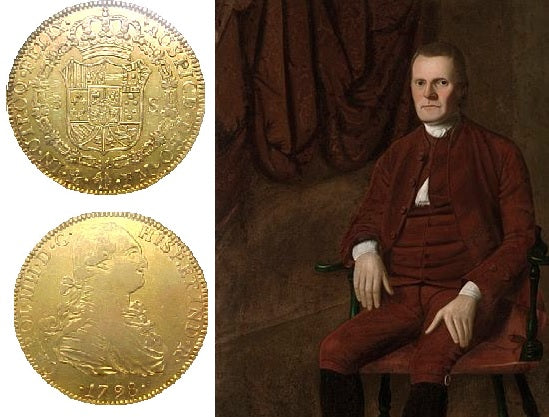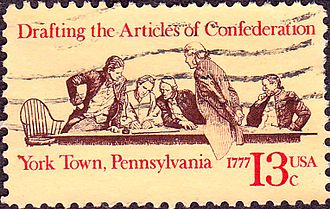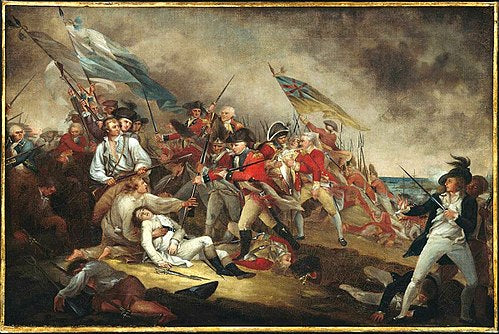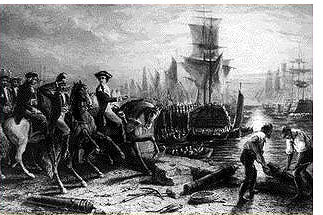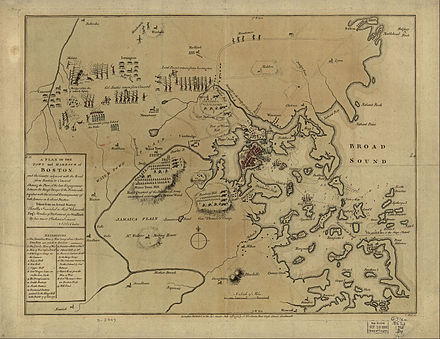Today's American Minute
Roger Sherman, and the importance of Gold & Silver - American Minute with Bill Federer
Roger Sherman is the author of Article 1, Section 10 of the U.S. Constitution: "No State shall ... make anything but gold and silver coin a tender in payment of debts."
Articles of Confederation: The First U.S. Government & the Role of Religion in the States that Ratified It - American Minute with Bill Federer
The Articles of Confederation were an attempt to loosely knit the thirteen States together, while leaving most of the authority under each individual State's jurisdiction.
Government enacted Intolerable Acts to coerce public into submission; Local communities pushed back with "resolves" led by Dr. Joseph Warren - American Minute with Bill Federer
" ... It is an indispensable duty which we owe to God, our country, ourselves and posterity, by all lawful ways and means in our power to maintain, defend and preserve those civil and religious rights and liberties,
for which many of our fathers fought, bled and died, and to hand them down entire to future generations ...
and that the inhabitants of those towns and districts ... do use their utmost diligence to acquaint themselves with the art of war as soon as possible, and do, for that purpose, appear under arms at least once every week."
Boston's Harbor Blockaded, Virginia's Day of Fasting, & the "shot heard round the world" - American Minute with Bill Federer
& the "shot heard round the world" Boston's Harbor Blockaded Virginia's Day of Fasting
These Acts ruined Boston's economy, causing stores to close and putting thousands out of work.
This was similar to modern-day Big Tech censorship, Internet deplatforming, shadow-banning, and canceling.
Henry Knox moved cannons from Fort Ticonderoga to Dorchester Heights in "one of the most stupendous feats of logistics" - American Minute with Bill Federer
For nearly 20 years, Henry and Lucy did not have a home of their own, living in military encampments and army bases. In the midst of the Revolution, Knox wrote to his wife, Lucy: "We want great men, who when fortune frowns will not be discouraged. God will I trust in time give us these men."

